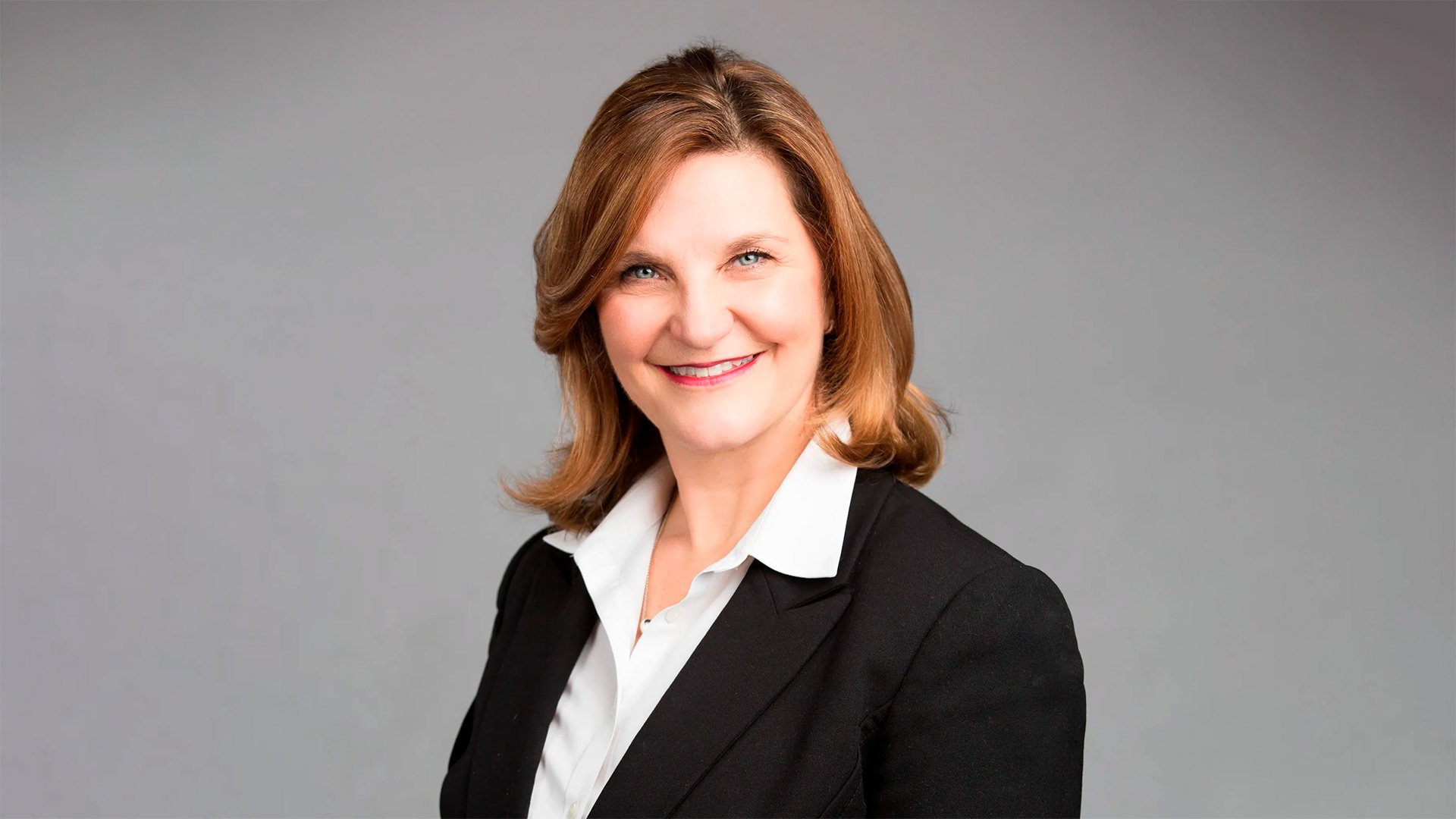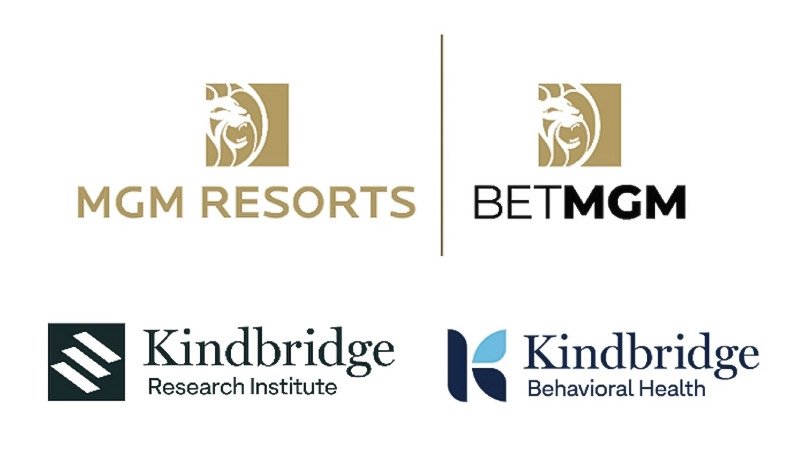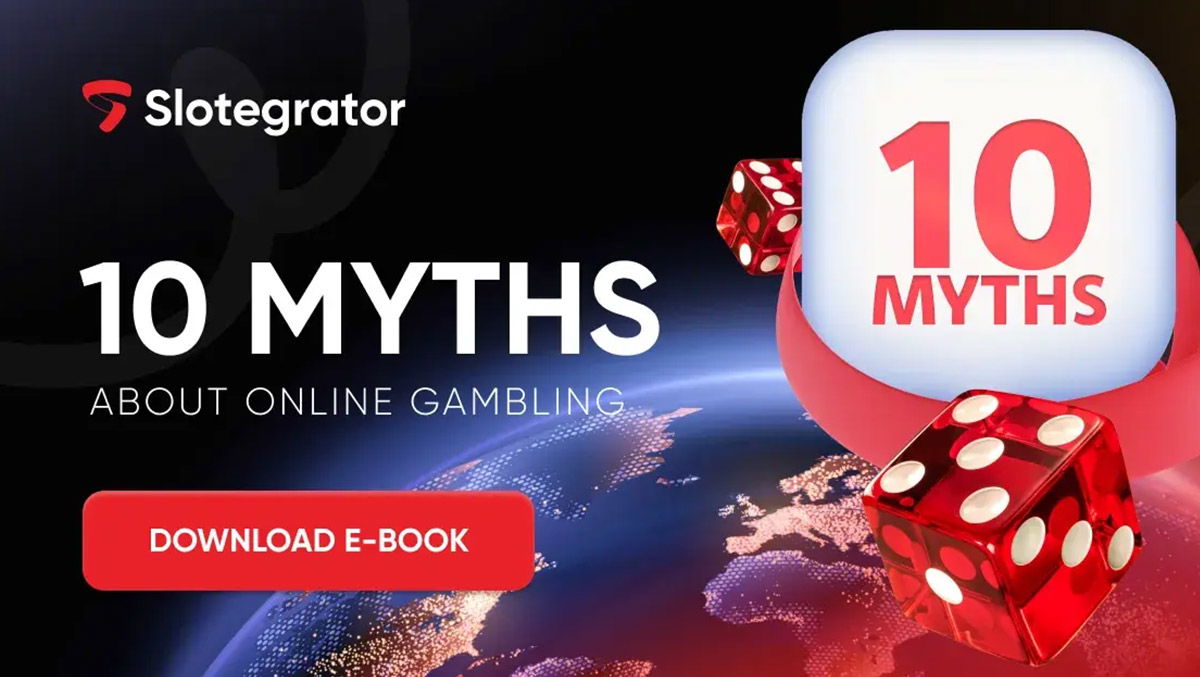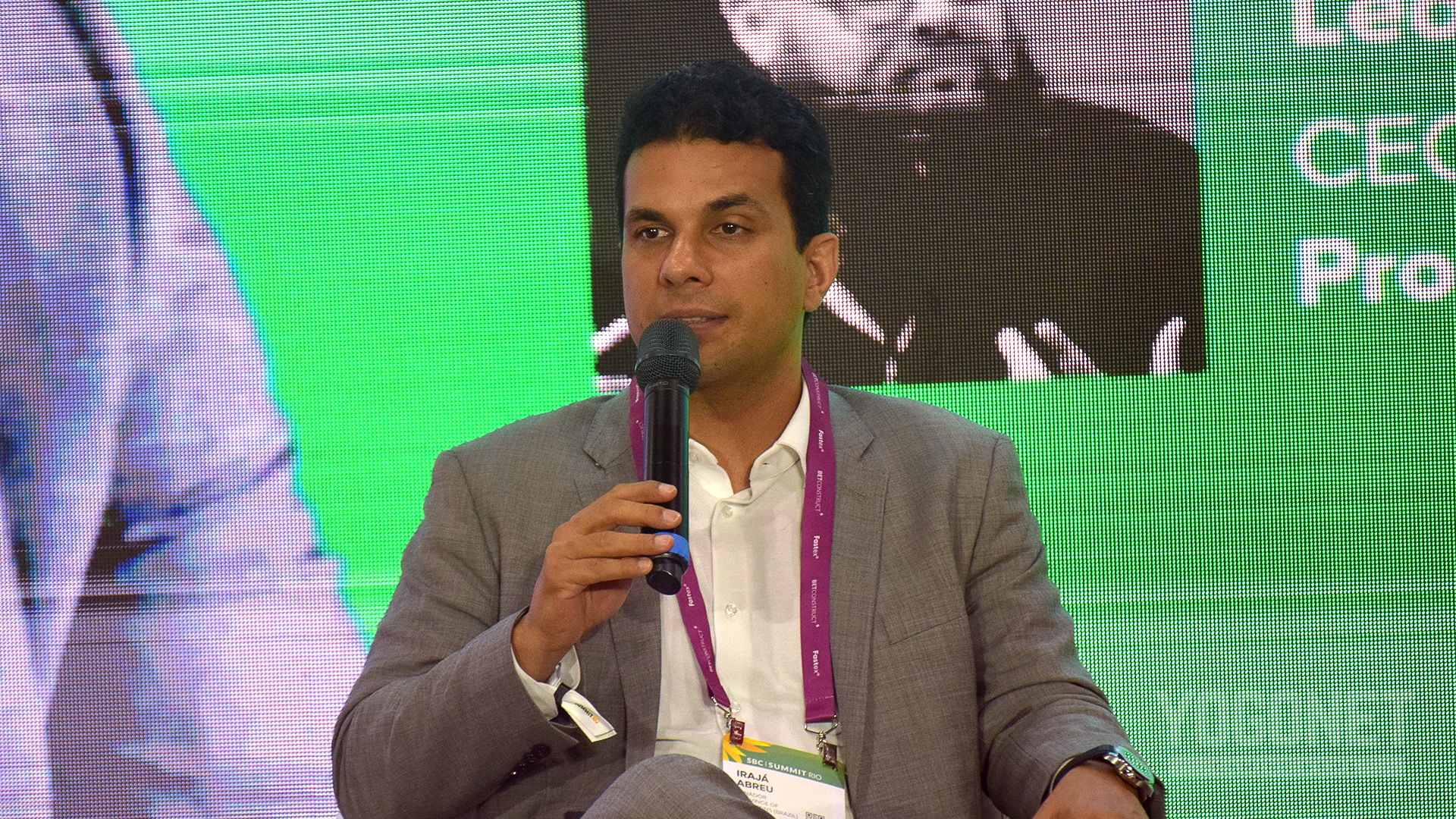Responsible Online Gaming Association to develop a national college responsible gaming education campaign
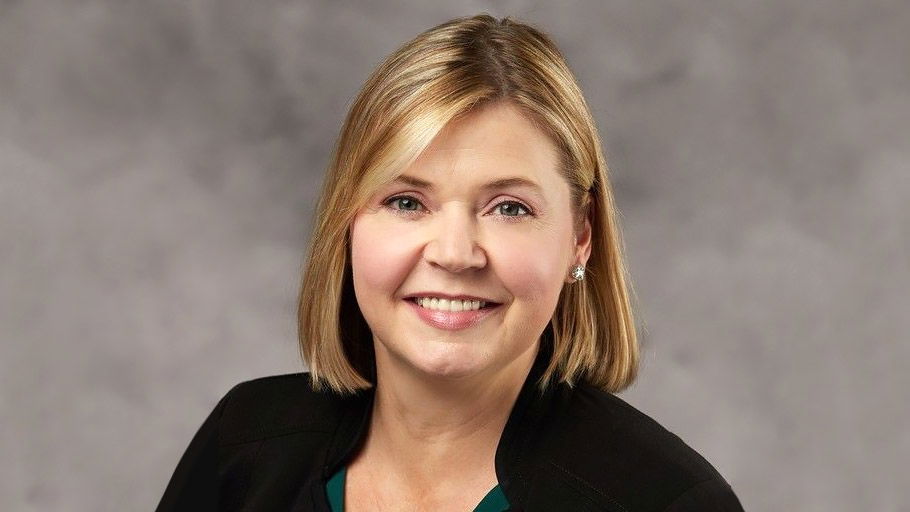
The Responsible Online Gaming Association (ROGA) announced the development of a national college RG education campaign in partnership with EPIC Global Solutions, Kindbridge Behavioral Health, and the Responsible Gambling Council (RGC).
Launching in early 2025, ROGA and its partners will create and implement a comprehensive, evidence-based responsible gaming college education program specifically tailored to the unique needs of university-aged students that will leverage digital delivery tools to provide RG and financial literacy education to students across diverse campuses and demographics throughout the U.S.
ROGA executive director Jennifer Shatley, said: "A main goal of ROGA is to promote responsible gaming education and awareness across various audiences, including the college-aged demographic. While there are already great programs focused on student-athletes, there are very few resources currently available to the broader university student population."
"To fill that gap, ROGA is proud to be collaborating with leading organizations that bring diverse expertise and experiences in creating responsible gaming and problem gambling awareness programs that resonate with college-aged audiences," she added.
Shatley further explained that the Association's aim is to provide much-needed information and resources about responsible gaming concepts, raise awareness of the consequences associated with problem gambling and available support services, and teach general financial literacy skills that will help students build and maintain good financial habits whether they choose to engage in gaming or not.
In addition to raising awareness about RG-related concepts to help college students set realistic expectations and promote informed decision-making to keep gaming a fun and entertaining pastime, a key aspect of the program will be to humanize and destigmatize the issue of problem gambling through the integration of lived experiences of individuals who have been affected by it.
Teresa Fiore
"Having delivered in-person education to over 50,000 NCAA student-athletes and staff, EPIC Global Solutions is delighted to work with ROGA to extend this important message to all college students," explained Teresa Fiore, VP of Partnerships at EPIC Global Solutions. "By combining expert knowledge with personal stories of those who have experienced gambling-related harm, this education is critical for young adults coming of age in a post-PASPA world."
Given college students' newfound freedom and financial independence, the program's financial literacy education component will equip all students with important financial management skills related to budgeting, saving, and the risks associated with debt. Additionally, by ensuring students understand that responsible gaming is closely tied to good financial habits, the program will teach students who choose to engage in gaming how to set limits on their gaming expenses and to view online gaming and betting as entertainment, not as a way to make money.
Daniel Umfleet
"At Kindbridge Behavioral Health, we understand the unique challenges that college students face in balancing entertainment options, such as gaming behaviors, with academic and personal responsibilities," commented Daniel Umfleet, founder, and CEO of Kindbridge Behavioral Health.
"Partnering with ROGA on this national education campaign is a crucial step toward providing young adults with the tools and knowledge they need to make informed, financially responsible decisions about gaming. By focusing on education and promoting a balanced approach to student life, we aim to support healthier gaming habits and overall well-being on campuses across the country," he stated.
The program will also address common myths and misperceptions around gaming, such as the illusion of control – especially as it relates to sports betting – while also explaining complex mathematical concepts such as odds, probability, and randomness in an engaging and accessible way to foster a well-rounded understanding of decision-making and risk-taking when gaming.
Shelley White
"For over 20 years RGC has worked with young adults, post-secondary institutions, and leaders to understand the unique needs of this priority population. All RGC prevention programs are evidence-based and customized to resonate with this hard-to-reach audience – through the message itself and how it's communicated," said Shelley White, CEO, the Responsible Gambling Council.
"We are thrilled to be partnering with the Responsible Online Gaming Association to speak to an even larger number of students with our prevention outreach messaging."
To increase accessibility and reach, digital delivery tools will be broadly available to anyone in the college-age demographic. Anyone in this age group can benefit from this information and tools – they do not have to be enrolled in a university to access these valuable resources.
Additionally, the program will work with select universities to pilot extended content and interactive tools to help evaluate and inform the program moving forward. There will also be supplemental content focused on the specific needs of student-athletes.




